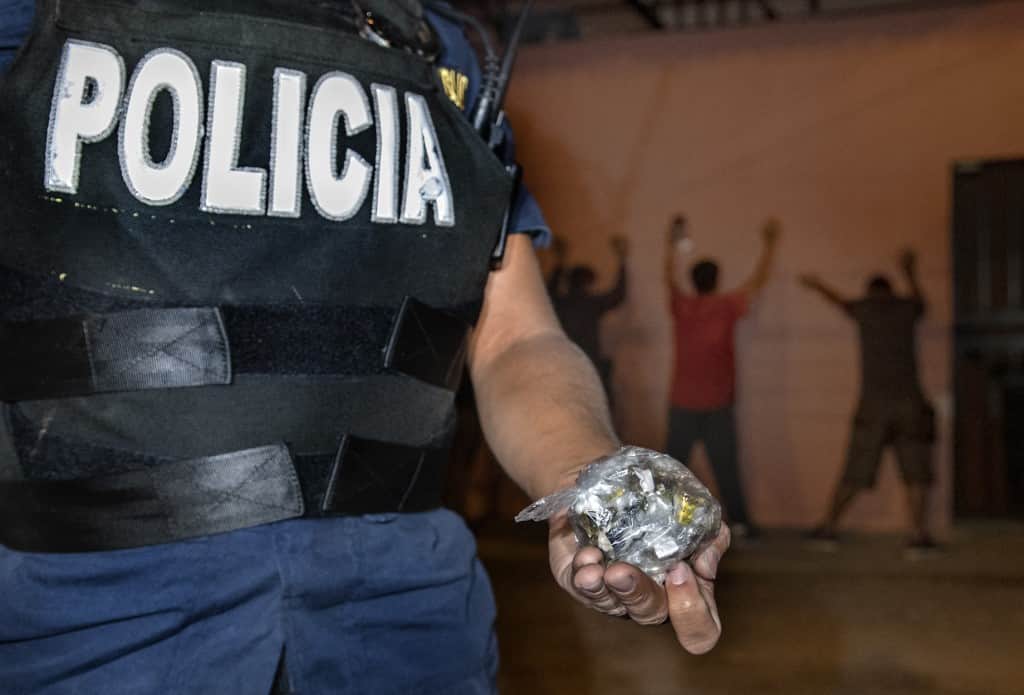Costa Rican authorities have raised concerns about the potential emergence of a mega drug cartel, which would consist of gangs in the province of Limón collaborating with Colombian criminal groups. Randall Zuñiga, the director of the OIJ, provided details about Operation Impacto Limón and discussed the country’s intricate security situation. He stressed the need for decisive action to prevent the formation of a mega-drug cartel, warning that the country is only a few months away from this scenario if firm measures are not taken.
Zuñiga revealed that criminal groups from Limón are actively seeking to expand their influence to other regions, such as the Central and Northern Pacific areas, as well as the Northern Zone of Costa Rica, where they aim to establish their branches. While San José, Heredia, and a part of Alajuela may remain unaffected for now, criminal groups from Limón are already attempting to extend their reach to parts of the Central Pacific, Northern Pacific, and the Northern Huetar region, according to the OIJ official.
The government’s actions are geared towards preventing the formation of the mega cartel, as emphasized by Zuñiga. He highlighted that the gang is still in its early stages, but there are Limón-based criminal groups with a strong interest in its creation. Additionally, Mario Zamora, the Minister of Public Security, held a meeting with officials from the U.S. Drug Enforcement Administration (DEA) to enhance international support in the fight against drug trafficking in Costa Rica.
Costa Rican authorities revealed that the usual route for drug transportation involves boats arriving from Colombia on the Pacific coast of Costa Rica. The drugs are then transported overland to the Caribbean coast before being concealed and shipped in cargo containers to Europe and the United States.
Despite efforts to combat drug trafficking, the Ministry of Public Security confirmed the arrest of several Costa Ricans by the Colombian Navy. They were apprehended with two tons of marijuana and a significant quantity of cocaine, which they intended to transfer from Colombia to Costa Rica.
Mario Zamora highlighted that Costa Ricans often travel to Colombian territory to acquire drugs and attempt to transport them internationally to Costa Rica using national boats and crews. This situation further confirms the risk of a mega-gang dedicated to drug trafficking being formed within the country.
Currently, Costa Rica is fully engaged in the special anti-organized crime operation called “Costa Rica Segura Plus.” The operation aims to undermine the capabilities of criminal gangs throughout the country and enhance overall security.






